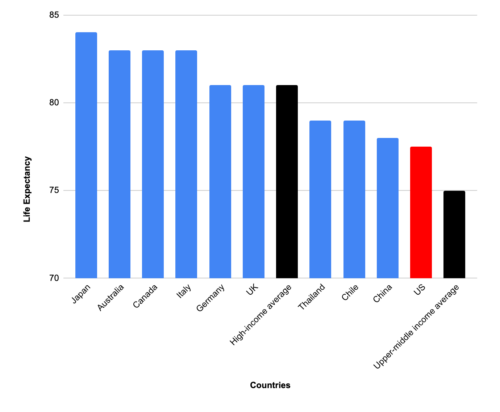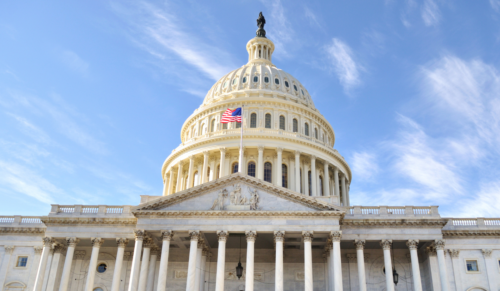Why Post-Election Soul-Searching Is Overrated
By: / 11.03.2010
The smoke has cleared; only the maimed and the dead remain on the battlefield. They are, for the most part, Democrats. The job of carting them off will take weeks; the post-mortems will take even longer. And yet progressives — we with our fetish for soul-searching — should reject a new, indulgent round of autocritique, or at least recognize that there is only so much to reflect on. The electorate’s rejection of Democrats is a lot of things, but a referendum on the quality of our ideas it isn’t.
How can that be? Isn’t a rebuke of this magnitude by definition a rejection of a party’s ideas? Well, it is if the ideas were carefully inspected and considered by an informed electorate. But sobriety has been hard to come by this election season. And what we tend to forget is that, before our discourse got sucked into the Fox-powered Tea Party vortex, our ideas were actually popular across the spectrum. Far from dogmatic and divisive, the policies that progressives have pushed in recent years have been sane, sensible fixes that have drawn support from left, right, and center.
Take cap-and-trade. Only the truly delusional still think that climate change and our voracious consumption of fossil-based fuels are nothing to worry about. Cap-and-trade was an innovative solution to the problem, harnessing the market — and eschewing command-and-control regulation — to bring about a reduction in carbon emissions.
Or take health care reform. Despite cries from left and right, the Obama administration got reform generally correct, setting us on a path to cutting costs and increasing access, all while leaving a system that Americans had grown accustomed to intact.
Or infrastructure. Economists of all stripes believe that we need more stimulus to spur economic activity. Every American who uses our roads, bridges, and water supply knows that our infrastructure is crumbling. In light of those needs, President Obama pushed through billions in infrastructure spending and just recently proposed a new $50 billion infrastructure bill.
All of these are good ideas that have achieved a certain degree of consensus, or at least support from moderates. An original version of cap-and-trade was co-sponsored by John McCain and was backed by moderate Republicans in the prelapsarian days before the Tea Party’s rousing. Health-care reform: As Jonathan Cohn noted, “Obama’s plan closely mirrors three proposals that have attracted the support of Republicans who reside within the party’s mainstream” — the most prominent of whom is Mitt Romney, whose health-care legislation in Massachusetts is a fairly close sibling of the national reform passed this year. As for infrastructure, money for more spending on the nation’s backbone was supported by Republican senators like Kit Bond and George Voinovich (both retiring – no coincidence) in an earlier jobs bill vote.
In all these cases, an urgent public problem was identified, and sensible, pragmatic solutions were proposed. But we no longer have politics that can accommodate the sensible and the pragmatic. The same John McCain who co-sponsored cap-and-trade now rails against it. Romney and Republicans who supported previous iterations of the Obama health plan have nothing but calumny for reform. Meanwhile, the only news of conservatives dealing with infrastructure is when they shrink from the challenge, like Gov. Chris Christie of New Jersey backing away from a proposed, and badly needed, tunnel to New York.
Over and over again, progressives have come up with solutions to our problems that can be embraced by the moderate middle. But in these last two years, we’ve seen that no matter how good and moderate the ideas are, it doesn’t seem to matter.
In this dilemma lies the priority for the pragmatic progressive in these next two years. The fact is our ideas are good. They are sound. Progressives of the Obama era have brought an innovative, reformist sensibility to government that prizes empiricism and problem-solving above all. Yet the party across the table has pulled back and shown little interest in engaging. They want us to keep coming to the table with more concessions — while hardly offering any concessions of their own. If we keep whittling down our ideas to meet their whims, our ideas will be hardly worth enacting at all.
We must, of course, never slow our indefatigable search for new ideas – it is what defines progressivism. But the paramount challenge, for these next two years at any rate, is finding a new politics. The calls for a new radical center are all well and good, but we need to remember that that’s where our ideas already are. It’s the right that has abandoned that center. The consensus ideas of yesterday have become the Marxist plots of their 2010 campaign. And sensible ideas have little chance of growing in political soil parched of sense. Will the part of the conservative movement that still cares about fiscal responsibility, fact-based argument, and good-faith dialogue resurface? Will they make their voices heard against the know-nothings and the ideologues who have taken over their party?
No doubt progressives should continue to be on the lookout for all who are sober and serious about solving our nation’s problems. Challenges must be issued and coalitions of the willing must be sought. But we shouldn’t allow the emergent faction of hysteria and irresponsibility to sway us from a core conviction: that when one already occupies the reasonable center, standing one’s ground is the reasonable thing to do.








